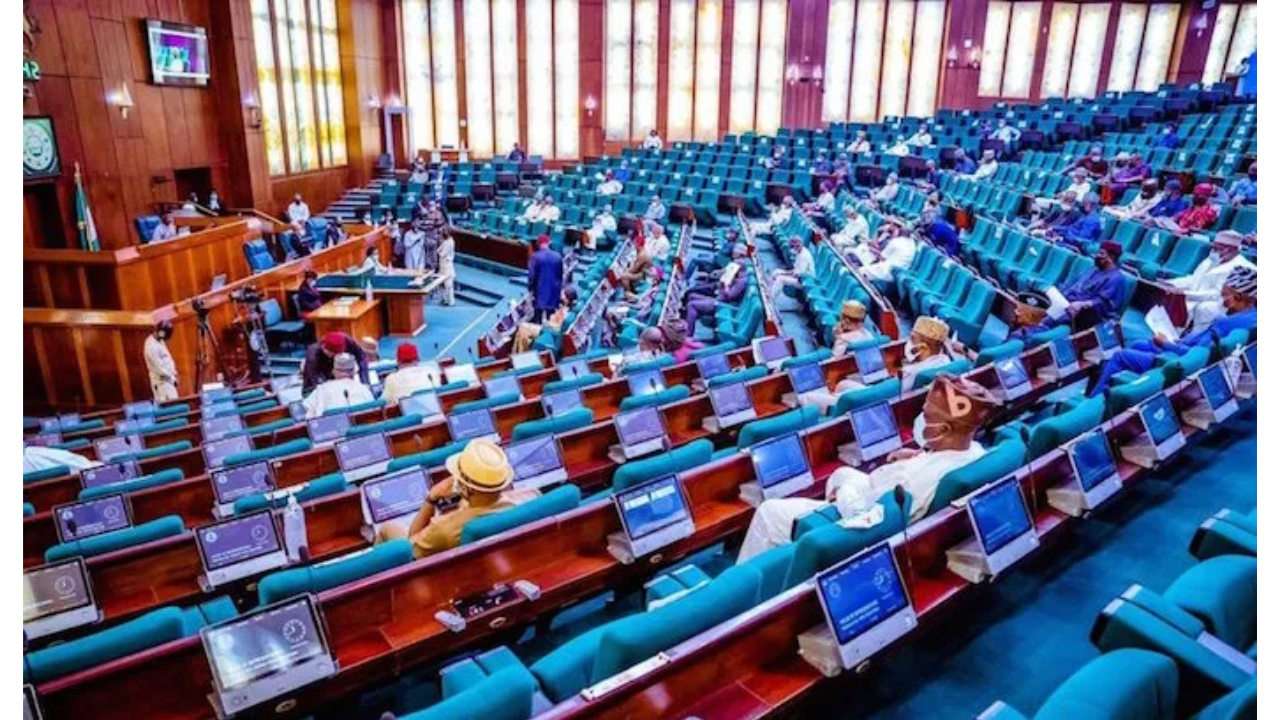The House of Representatives has urged the federal government to increase local funding for Tuberculosis (TB) to ensure Nigeria abides by all commitments towards ending the disease by 2030.
The lawmakers also asked federal government to ensure that TB treatment services and basic TB diagnosis equipment are made available in all the 774 local government areas of the country.
The resolutions were sequel to the adoption of a motion brought under matters of urgent national importance, sponsored by Hon. Amobi Ogah (LP, Abia) and six others, at plenary on Thursday.
Presenting the motion, Ogah noted
that Nigeria currently ranks first in Africa and sixth in the world, accounting for about 4.6% of global TB burden.
He quoted the World Health Organisation (WHO) figure of about 11 million people infected with TB and 1.8 million die each year from the disease, making it the world’s top infectious disease killer.
Ogah said significant progress has been made in the fight against TB globally resulting in the reduction of deaths by 38% and new cases by 23% which is driven by an increase in TB case detection rates with over one million more people being diagnosed in 2022 than 2017, according to WHO Global TB Report, 2023.
He expressed worry that, “major gaps still exist as almost a third of people with TB still misses out on diagnosis each year and just one third of people with TB being tested, in addition to vulnerable and marginalised population, with more than half of children under the age of 5 and three quarters of children with multidrug-resistance TB never being diagnosed and reported to National TB Programs.
“Funding for TB is grossly inadequate both locally and globally and for an increase in the number of people being diagnosed and treated requires an increase in the TB budget, especially for vital commodities
“Nearly 70% of countries supported by the Global Fund are projected to face deficits in their budgets next year, with ten countries alone facing a combined USD$600m shortfall for 2025.
“The Global Disease Split (GDS) for Global Fund investment for country grants to each of HIV, Malaria and Tuberculosis has remained largely unchanged over the last decade, with TB receiving approximately 18% of available funding compared with 50% for HIV and 32% for Malaria.”
The lawmaker said on September 26, 2018, heads of state and governments from around the world including Nigeria met in New York at the United Nations high-level meeting on TB and agreed to a set of commitments to end TB by 2030.
According to him, on September 22, 2023, the United Nations member-states including Nigeria came together for a second United Nations high-level meeting on TB to review progress and agree on new sets of commitments to end the disease by 2030.
Following the adoption of the motion by the House, it, therefore, urged the federal government to, as a matter of urgency, set up a private sector-driven Trust Fund that will mobilise funds for the TB response in Nigeria.
